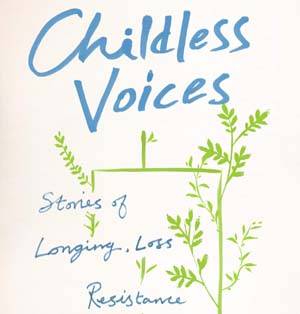This article is a preview from the Winter 2014 edition of New Humanist. You can find out more and subscribe here.
1 We admitted we were powerless over capitalism – that our lives had become unmanageable.
The system is kaput. Capitalism destroys, but will soon be destroyed itself. Revolution!
2 Came to believe that a Power greater than ourselves could restore us to sanity.
The revolution will be led by God. The emancipation outlined in Brand’s book is primarily spiritual.
3 Made a decision to turn our will and our lives over to the care of God as we understood Him.
Submitting to God(s) may not seem revolutionary, but anything else is “materialistic”. Though Brand’s revolution involves economic reform and redistribution of materials, “materialism” is bad, and science especially so. On religious wars, Brand argues: “...those conflicts are about territory, either ideological or physical, and [...] those ideas are materialistic in the same way science is – and the weapons with which those wars are fought, who creates those?” He really does write that.
4 Made a fearless moral inventory of ourselves.
This Brand does extensively. For Revolution is not about politics. It’s about Russell Brand’s place in the world. The problem comes when he tries to generalise his own issues. Most of us are not familiar with the emptiness one feels after taking a netball team home from a nightclub. Brand fails to reach beyond his individual experience to diagnose a problem or prescribe a solution...
5 Admitted to God, to ourselves and to another human being the exact nature of our wrongs.
...Instead, he enlists others to elucidate our wrongs. French economist Thomas Piketty has a chapter named after him. But it is dominated by the words of a hallucinogenics enthusiast called Daniel Pinchbeck. This refusal to focus happens often, and makes Revolution an infuriating read.
6 Were entirely ready to have God remove all these defects of character.
Brand is scarily keen to have these “defects of character” removed. “[A]nyone who denies change is needed,” he writes, “is verbally daubing themselves with the black cross of the damned” and should be led “to the sanitarium [sic] to begin their re-education.”
7 Humbly asked Him to remove our shortcomings.
And wrote a narcissistic book about them.
8 Made a list of all persons we had harmed, and became willing to make amends to them all.
Mostly Revolution is about the harm that Brand has done to himself, except...
9 Made direct amends to such people.
...for an undercurrent of sadness about his relationship with Jemima Khan. I do not know the details of their breakup, but the chapter praising Khan’s late father, the ubercapitalist James Goldsmith, jars unless read as written in the hope of pleasing her.
10 Continued to take personal inventory and when we were wrong promptly admitted it.
One hopes that personal inventory will include admitting to being wrong to inflict this tedious, seemingly unedited book on the world.
11 Sought through prayer and meditation to improve our conscious contact with God as we understood Him, praying only for knowledge of His will for us and the power to carry that out.
Brand’s idea of God’s will (and by extension revolution) is essentially self-help. He sincerely proposes Alcoholics Anonymous’s Twelve Traditions as a model for running the post-revolution world.
12 Having had a spiritual awakening as the result of these steps, we tried to carry this
message to others...
I wish he hadn’t.
Revolution, by Russell Brand, is published by Century

